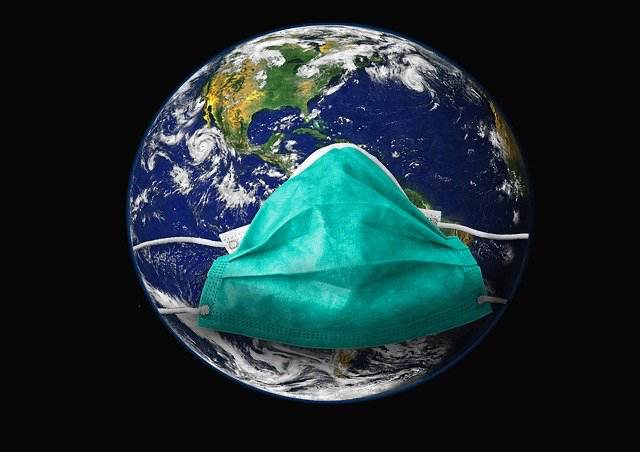Hannover Re’s capital markets mortality swap recovery grows to EUR 97m

Hannover Re made an additional recovery from its pandemic retrocession arrangement in the third-quarter of 2022, as the long-standing capital markets backed mortality swap continued to demonstrate its value for the firm.
Hannover Re has been placing tranches of mortality swaps into the capital markets since 2013.
This strategy has paid off under the COVID-19 pandemic, as the reinsurers’ losses from the coronavirus outbreak drove its mortality rate higher and triggered recoveries under these swap arrangements.
Hannover Re first reported a benefit from the capital markets investor backed extreme mortality cover after 2021, when it booked positive income of EUR 43.9 million for that year, recognised under assets measured at fair value through profit or loss in the investments on the life and health reinsurance side of its business.
Then, after the first-quarter of 2022, Hannover Re disclosed additional recoveries under the capital market investor backed extreme mortality swap, as the underlying mortality index rose further (from 112% to 114%) driving another EUR 46 million of benefits that were reported under its life and health investment income for Q1 2022.
Q2 2022 saw further recoveries under the mortality swap arrangement, with Hannover Re taking the total benefit booked under the swap arrangemnt for the first-half of this year to EUR 88 million.
With COVID-related mortality claims having tailed off somewhat in the third-quarter of 2022 for the reinsurer, the benefit from the mortality swap was much lower in Q3, but still it has now taken the total positive income recovered for 2022 under the swap to EUR 97 million.
Across the first nine months of 2022, Hannover Re’s pandemic losses relating to Covid-19, largely from mortality covers, totalled EUR 227.8 million, down on the prior years EUR 404 million.
Only EUR 33.6 million came in the third-quarter though, as the rate of pandemic losses slowed for the reinsurer and Hannover Re said these costs are expected to keep diminishing.
CEO of Hannover Re, Jean-Jacques Henchoz, commented during the reinsurance firm’s earnings call last week, “Our pandemic retro cover compensates part of the losses which is reflected in our investment income. The total benefit in 2022 now stands at EUR 97 million. In the third-quarter the positive impact was smaller than the previous quarter, and the assumed excess mortality should now be close to the final payout for the cover period 2020 and 2021.”
Hannover Re’s use of the capital markets for extreme mortality protection has paid off during the pandemic and is a great example of capital markets backed risk transfer playing an important retrocession role for a major global reinsurance company.






